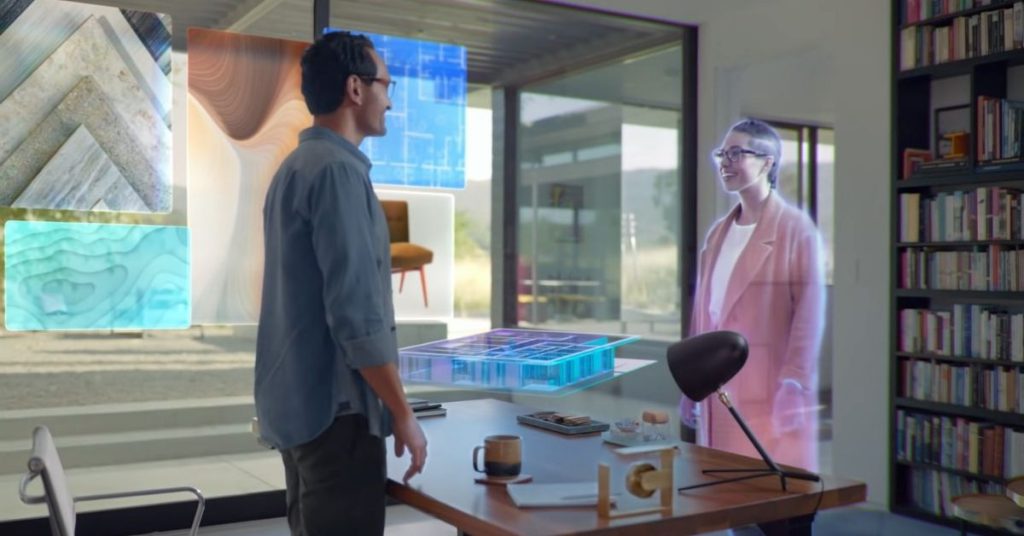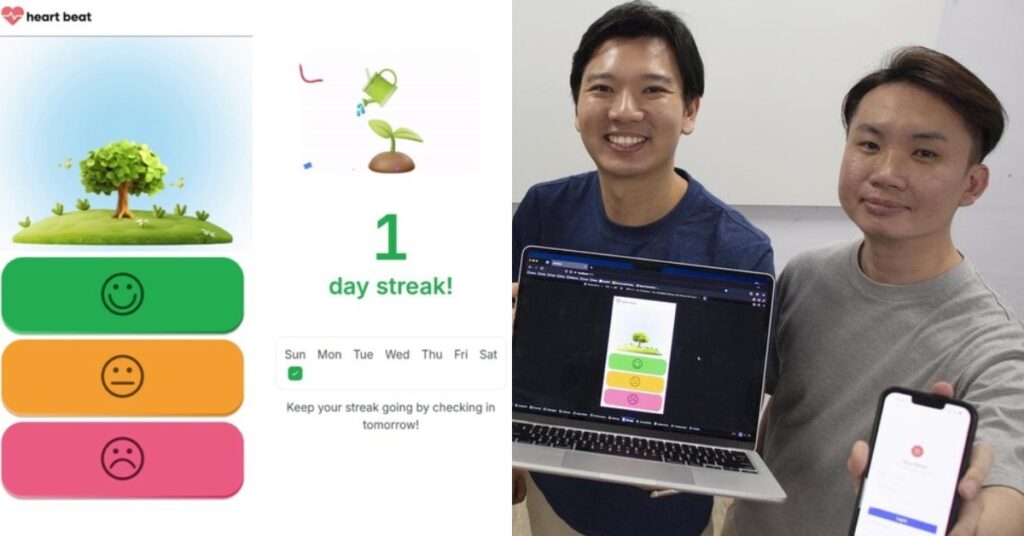Newsflash: we are already living in the metaverse. But not everyone may understand how, or even know what it means.
And no, Mark Zuckerberg didn’t come up with it. The term “metaverse” is nothing new. The concept has been around since 1992 when author Neal Stephenson (who was credited with coining the term) used it in his science fiction novel “Snow Crash”.
In the dystopic, cyberpunk novel, he envisioned lifelike avatars who would meet in realistic 3D buildings and other virtual reality environments.
Please explain more.
“Metaverse” can be broken into “meta” and “verse”. The word meta has many meanings, but in this case, its meaning is likely tied to the Ancient Greeks’ definitions of it: “beyond”, “after”, or “behind”.
Meanwhile, “verse” comes from the word “universe” and is often used as a suffix to describe a specific sphere or area. Take for example the word “Twitterverse” or “Twittersphere”, used to describe the spaces in which users interact on the social media platform.
Together, the two words give the meaning of “beyond universe”, which is generally understood as a virtual world beyond, or overlaying, our physical world.
At its core, the metaverse is an imagined, virtual space where you can live multiple lives, be who you want, make friends from all across the world, do what you want, and more. It’s an extension of what you can achieve in real life.
Essentially, if you’ve played a role-playing or a life simulation game, chances are, you’re already part of the metaverse.
Whether it’s The Sims, Second Life, or Genshin Impact, the acts of playing such games and living your virtual life in them while fostering social connections (in the latter two) all fall under what you would do in a metaverse.
At Vulcan Post, we’ve even used Gather, a virtual space for friends and families, but more popularly, for colleagues to “meet” up, chat, and “work” like they used to in person, from home—which is exactly what we did, and still do for our Friday “office” lunches.

When doing up our Gather avatars, some of us chose to go the more realistic route by designing ones that looked close to our real selves, while some of us straight up chose to be a pirate, for example. (Yes, it was me. No, I do not want to be a pirate in real life, but in the metaverse, I can be anyone I want to be.)
Okay, but aren’t AR and VR part of the metaverse?
Yes, they are. But they don’t necessarily have to be in order to make the metaverse, a metaverse. They’re more of a modern addition to the basic concept of the metaverse as we know it, taking the virtual universe to the next level.

Large tech companies are capitalising on this, with Meta (previously Facebook) announcing its own version of the metaverse, complete with usage of its Oculus Quest VR headsets so users can go shopping, socialise, go to work, and more, through the virtual world.
Just imagine not needing to leave your house, yet being able to be as “present” as can be in all these different settings. But if you still wanted a taste of the real world, well, Meta has something for you too: AR glasses.

This is still in the works, but the company’s goal is to allow users access to a hybrid reality. You can invite your friends into your actual home, but they don’t really have to be there. Just slip on your AR glasses and enjoy the night with your friends’ avatars.
Of course, this ambitious version of the metaverse has yet to be fully fleshed out, and there aren’t notable existing examples to speak of yet.
Why should I care about all this?
Like it or not, this is undoubtedly going to be our future. Nearly everything about how we interact with one another online today is a component of the metaverse.
The pandemic also accelerated our adoption of the metaverse. For me, it was through Genshin Impact and Gather, both of which I heavily relied on early in the pandemic to retain a semblance of normalcy.
I’m not sure if I’m prepared to live a fully virtual life, but I won’t say no to trying it out. Because we don’t have anything concrete yet, it’s easy to view this future through rose-tinted glasses.
It may all sound mighty interesting and exciting on the surface, but not enough research has been done yet to understand the impact of the metaverse on the human psyche. This is where we’ll need to tread carefully, call out issues, and pay attention to the criticism of these technologies.
On the brighter side, the metaverse could hold plenty of future jobs as well, since talents will be needed to flesh out these virtual worlds, the environments in them, the avatars people can use, and more.

There’s money to be made in the industry, with Morgan Stanley, an American multinational investment bank and financial services company, stating that the metaverse is an US$8 trillion addressable market.
This includes the potential of the metaverse when it comes to advertising and e-commerce opportunities too.
As non-fungible tokens (NFTs) are also now in the gamified world, it’s likely we’ll see NFT-savvy brands selling digital assets to us in the metaverse.
-//-
NFTs are still slowly finding their place in Malaysia, and we’re mainly seeing artists leverage this trend for now.
There have been a few businesses who attempted to release their own NFTs, but it seems like it’s yet to really catch on amongst SMEs here.
But steps are being taken to catch up. Recently, iCandy acquired Lemon Sky Studios with the intention to develop casual and AAA games as part of their pro-metaverse and blockchain initiatives.
It’s still early days yet, but the development of the metaverse and eventual pros and cons we’ll learn of it is surely something worth keeping an eye on.
- Read what we’ve written on NFTs and how they’re growing in Malaysia here.
Featured Image Credit: Meta










